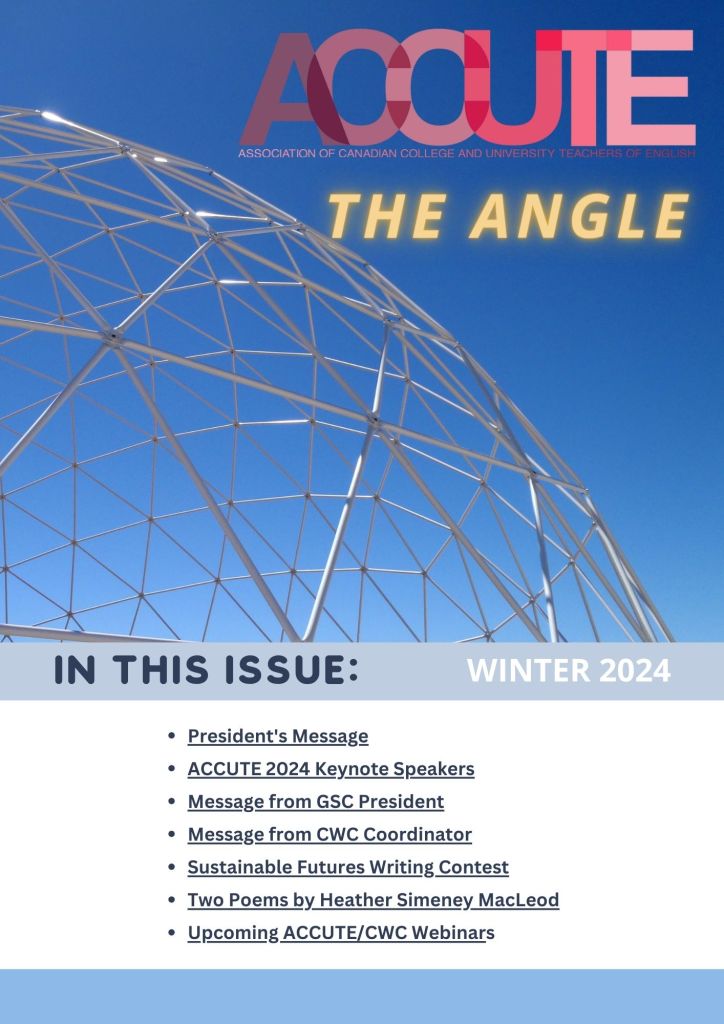Editor’s note: ACCUTE is proud to present the next installment in a series of blog posts highlighting special sessions in ACCUTE’s program at Congress 2017. Today we highlight one of two sessions that honour the memory of our colleague Herb Wyile, who died in July 2016, not long after last year’s Congress.

As one of the country’s most influential scholars, Dr. Herb Wyile’s writings on subjects as diverse as regionalism, historical fiction, and neoliberalism fundamentally re-framed many of the core debates in contemporary Canadian literary criticism. Through his teaching, his editorial work, and his widely cited essays and monographs, Wyile consistently questioned dominant interpretations of Atlantic Canadian Literature and he often called for re-readings that challenged accepted wisdom or powerfully entrenched models of analysis. In his award-winning Anne of Tim Hortons: Globalization and the Reshaping of Atlantic-Canadian Literature, Wyile claims that what is arguably most distinctive about contemporary Atlantic Canadian writing is that “much of it reflects the sense of the region having reached a threshold, that a way of life grounded in the extraction of natural resources has been palpably and irrevocably transformed, if not eclipsed,” and that, consequently, readers will find often in Atlantic Canadian literature “a pronounced, if sometimes ambivalent, engagement with the Folk iconography that has had such a defining influence on the image of the region.” In short, recent literature from and about Atlantic Canada is possessed of “a more sophisticated understanding of the ambivalence of the storied pasts of both the Maritimes and Newfoundland, and a more sophisticated understanding of the economic, political, and cultural dynamics that shape the region’s tenuous position within the present neo-liberal order.” In light of this “dual consciousness,” it is not surprising to find within the literature of Atlantic Canada characters in existential moments of flux that both define, redefine, and even undermine their understanding of self and place. The papers that comprise this panel use Wyile’s work to examine recent depictions of individuals living in these liminal spaces and how they perform and produce liveable selves within an ever-changing and shifting landscape.
- Paul Chafe (Ryerson), “‘Bad as a zoo, if you think about it’: Playing the Part in Edward Riche’s Today I Learned It Was You.”
- Alexander MacLeod (Saint Mary’s), “‘Let’s say you’re a tough guy’: Performing and Reforming Maritime Masculinity in Kris Bertin’s Bad Things Happen.”
- Peter Thompson (Carleton), “‘We’ll send you a postcard from Fort McMoney’: Work as Liminal Space in Just Passing Through, The Underwater Welder and ‘Ducks.’”
This panel will be held on Saturday, May 27th, from 10:30 am-12 noon in Victoria Building room 500, Ryerson University.
Categories: ACCUTE conference, English Matters, News, Upcoming Events



